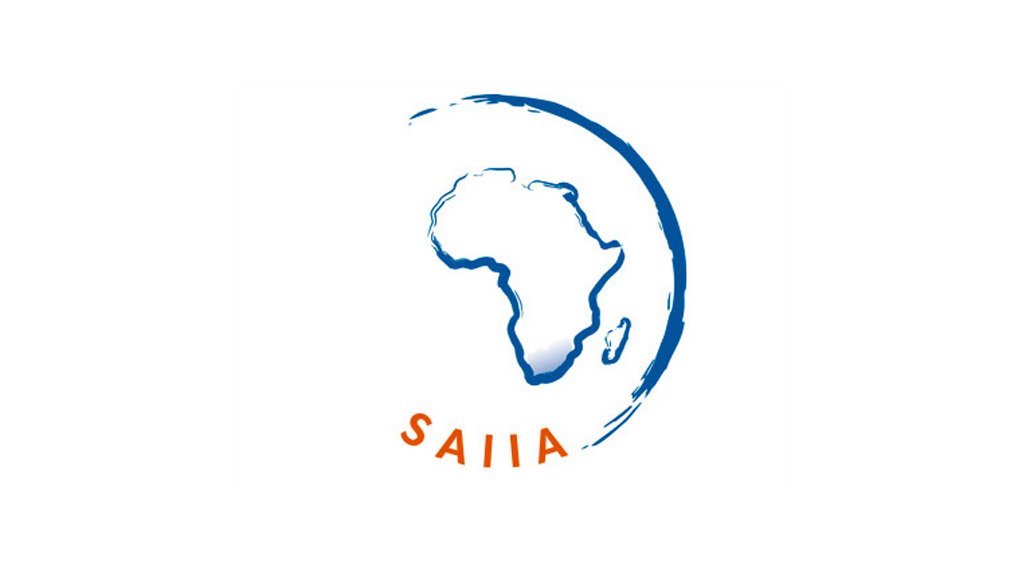The South African government has been showing signs that it wishes to take a more interventionist approach to inward foreign investment. Its view is that the current system is biased towards big multinationals and it wants more room to pursue the country’s social and economic goals.
However, all of its proposals to change the system have so far been on the side of regulation. Is the government neglecting other institutions and instruments that could make inward foreign investment more developmental? For instance, what is the role that investment promotion agencies can play?
In November 2013 the Department of Trade and Industry (DTI) put forward the draft Promotion and Protection of Investment Bill, which was aimed at providing a policy framework for all foreign direct investment (IFDI) coming into South Africa. This Bill included provisions for a screening mechanism, local content requirements and legalised expropriation of foreign assets when done in the public interest. Analysts have not yet had sight of the revised Investment Bill, but it is expected to proceed through parliament during this 2015 session.
Unsurprisingly, there were many critics of the first draft of the Bill, especially from the business community. It was pointed out that this draft would seem to break with international law in its treatment of property rights and dispute settlement for foreign investors vis-à-vis domestic investors. Little attention has been given, however, to the fact that the Bill, despite its name, makes no mention the promotion instruments and institutions which can be applied to create a more welcoming investment environment.
South Africa has a decentralised investment promotion system. Based on interviews conducted late last year, the national agency Trade and Investment South Africa (TISA, a division of the DTI) could be a more effective co-ordinating institution. However, the provincial investment promotion agencies (IPAs), which principally receive funding from provincial government, are relatively autonomous in their operation. Local government economic development departments also have investment promotion representatives with few requirements to co-ordinate with the provinces.
IPAs typically perform a variety of tasks: they promote interest for new projects amongst domestic and foreign investors; they facilitate contact between investors and various government stakeholders or financiers; and they are image-builders looking to improve investor perceptions about the country and/or the provinces. In addition, IPAs inform investors of available economic incentives in a wide-ranging scheme of incentives focused on a diverse range of interventions. The incentive scheme is overseen by the DTI, except in the case of local incentives like utility or building subsidies where local governments can apply these at their discretion.
Some of the current national incentives are aimed at stimulating industrial development, building critical infrastructure and supporting black-owned businesses. Comprehensive regular evaluations would be useful to assess the impact of these incentives programmes. This is potentially an area where innovative thinking could be applied to ensure that there is no undue stress on the fiscus and that there is equality of treatment between foreign and domestic investors – while maintaining the focus on the country’s developmental priorities. For instance, there is value in considering tax reductions for foreign companies conditional on the reinvestment of profits, or grants tied to the number of locally employed and trained individuals.
South Africa’s legal review of its FDI framework is emblematic of a recent global trend in which governments are becoming more active in enacting FDI agreements which have more industrial policy space. In part, this is reflective of new realism about the ever-increasing power of multinational organisations, as well as the economic and social costs of unregulated market forces in the wake of the global financial crisis. The talk of a ‘fourth generation’ of investment regulation in which IPAs focus on attracting ‘sustainable’ foreign direct investment (FDI) with an emphasis on economic development, environmental sustainability, social development and good governance is becoming commonplace.
However, being a front-runner among emerging economies when it comes to adopting new investment policy does carry its risks. Many commentators have pointed out that even just the perception that South Africa is adopting a more protectionist stance towards FDI could unsettle foreign investors, both prospective and established. Insofar as the government is concerned with making foreign investment more sustainable, it should also be reflecting on the role of investment promotion, as well as other priorities which holistically create an attractive investment climate. This includes policy instruments like economic incentives and access to financing, but also it includes a range of other economic prerequisites:
- Proper infrastructure for business, including electricity, information technology and transportation infrastructure to support trade;
- A productive workforce with access to skills training;
- Transparency and fairness in contracting – whether with private or public sector.
The Investment Bill in its current form results from a process initiated around 2010 with the drafting of the Discussion Document, A review framework for cross-border direct investment in South Africa. A review of South Africa’s bilateral investment treaties (BITs) was also undertaken during the process which led to the decision to terminate, or not to renew agreements with many EU countries in particular.
If in half a decade these are only two of areas of intervention in the overall process to address South Africa’s investment framework, it does beg the question: When will the other issues be addressed, if at all?
Written by Matthew Sharp, South African Institute of International Affairs
EMAIL THIS ARTICLE SAVE THIS ARTICLE
To subscribe email subscriptions@creamermedia.co.za or click here
To advertise email advertising@creamermedia.co.za or click here











